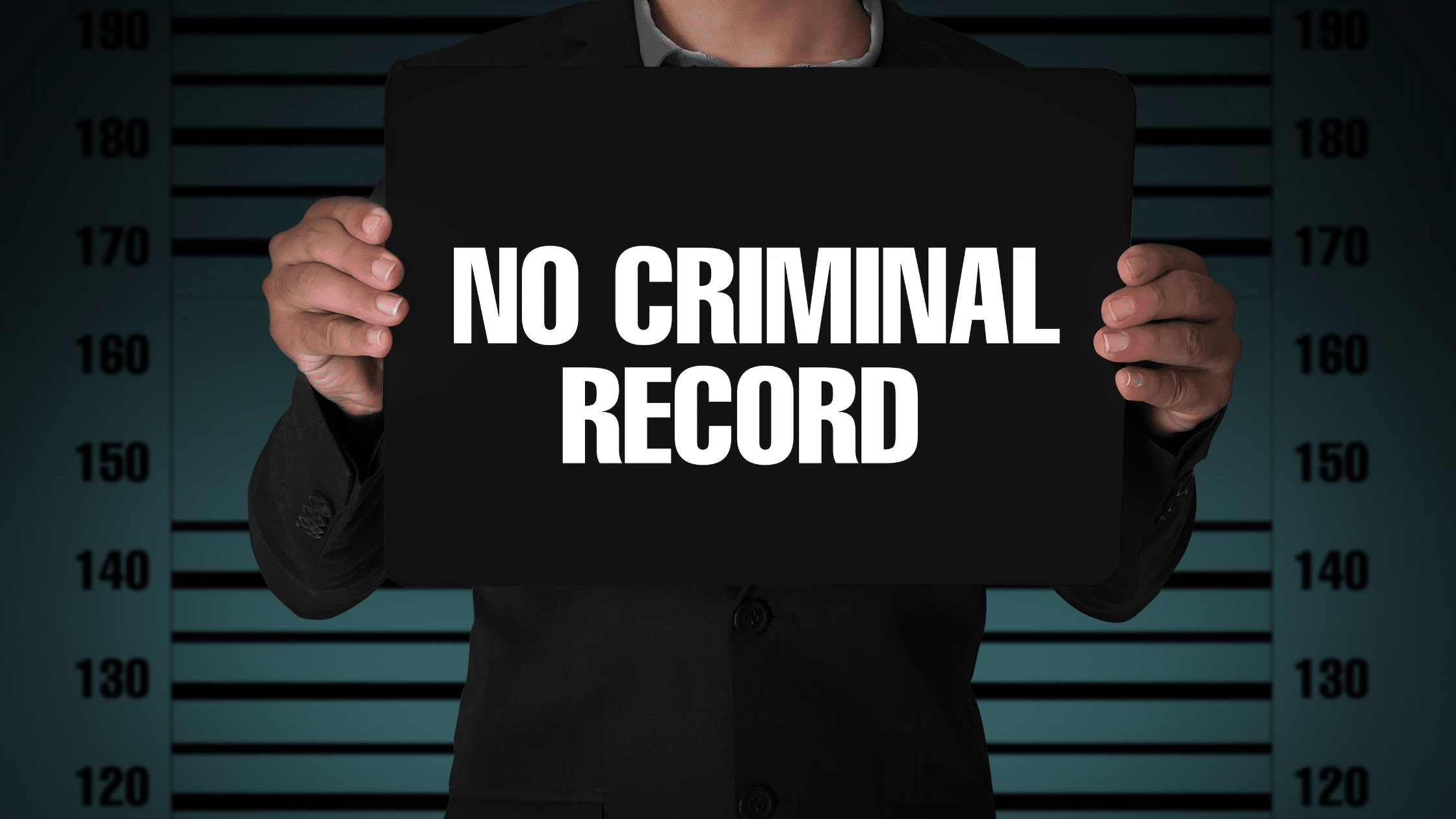
Expunging a criminal record in Texas can be a life-changing process, offering individuals the chance to clear their records of certain arrests, charges, or convictions. This allows them to move forward without the burden of a criminal record from their past affecting their future opportunities.
In Dallas, specific circumstances allow for the expunction of criminal records, making it possible to erase all records relating to those arrests and charges. Sometimes when you are not eligible for an expunction, you may be eligible for a non-disclosure order. Nondisclosure seals records from public access. Here’s a detailed overview of what you can expect during the expunction process.
Understanding Expunction and Non-Disclosure
Expunction: This legal procedure removes information about certain arrests, charges, or convictions from your criminal record, effectively erasing them. Once an expunction is granted, you can legally deny the existence of the expunged records, providing a fresh start.
Non-Disclosure: Nondisclosure does not remove the arrest or charge from your record, but it seals them or prevents them from being disclosed to the public. While the public cannot view these sealed records, they remain accessible to government entities, criminal justice agencies, and licensing bodies.
The Expunction Process: Step-by-Step
- Determine Eligibility
- Before filing for expunction, it’s crucial to determine if your case qualifies. Eligibility often depends on factors such as the nature of the offense, the outcome of the case, and the time elapsed since the arrest or charge.
- For example, cases that resulted in an acquittal, cases that were dismissed through a pretrial intervention program, or cases which have been dismissed and the statute of limitations period has expired are eligible for expunction. Cases where you received deferred adjudication probation, however, are not eligible for expunction (but may be eligible for nondisclosure).
- Gather Necessary Documents
- Collect all relevant documents, including arrest records, court documents, and any paperwork related to the charges or convictions. This will support your petition and provide the necessary evidence for your case.
- File the Petition
- With the help of an experienced attorney, file a petition for expunction in the court where the arrest or charge occurred. The petition must include specific details about the case and the specific part of the law that qualifies your case for expunction.
- Serve Notice
- After filing the petition, notify all relevant parties, including law enforcement agencies, the district attorney’s office, and any other entities that hold records related to your case. This allows them to respond to the petition.
- Hearing vs. Agreed Expunction
- After all the parties have been served with notice of the expunction, the court will set the expunction for a hearing. That hearing is usually weeks to months in the future. In the meantime, the District Attorney’s office will review the petition and the law to determine fi they agree with your petition for expunction. Most expunctions are resolved by agreement, especially if your attorney is experienced and files petitions which are eligible for expunction.
- If the District Attorney’s office agrees, the judge will review and agreed expunction order and will usually sign it without the need for a hearing. If agreement cannot be reached, however, you and your attorney may need to attend a hearing and argue why you are entitled to an expunction under the law.
- Await the Judge’s Decision
- In the case of agreed expunctions, your attorney will receive a notice from the district clerk’s office that the judge signed the expunction order. The district clerk then waits 30 days after the judge signs the order for it to become legally effective before mailing your attorney the official copy of the signed order granting expunction.
- If your expunction goes to a hearing, the judge may announce their decision at the hearing or notify the parties after the hearing of their decision. Once an expunction order is granted and becomes effective, it orders all agencies holding records related to the arrest and case to destroy them.
Nondisclosure: The Next Best Option
If you received deferred adjudication probation, while you aren’t eligible for expunction, you may be eligible to have your records sealed via a petition for nondisclosure. In order to be eligible for nondisclosure, you must have successfully completed your deferred probation.
You also must have not been convicted or placed on deferred probation for any other criminal cases (other than a class c misdemeanor for a traffic offense) during your deferred probation and for the applicable waiting period after your probation. Certain types of cases (like family violence and sex crimes) are not eligible for nondisclosure even if you successfully completed a deferred probation.
__
Dallas Expungement Lawyer Mike Howard has years of experience helping clients expunge or seal their criminal records. If you would like a criminal record expunction in Dallas, the Law Office of Mike Howard has the skills and experience to help. We even offer a case evaluation and consultation to help you decide whether you want to work with us.
Attorney Mike Howard:
- Understands You: Our client-first approach is to listen and get to know your needs before anything else. This helps us determine the best course of action specific to your situation.
- Keeps You Informed: We prioritize transparent communication and keep you updated throughout the expunction process. After all, the client is the most affected by the expungement and deserves to be in the know.
- Fights for Your Rights: We believe only an attorney with an assertive attitude can achieve desirable results for their client and focus on creating a cooperative environment in the courtroom.
Contact us today for your case evaluation with an experienced Dallas, TX criminal defense lawyer and take the first step toward a fresh start.
View All Blogs




